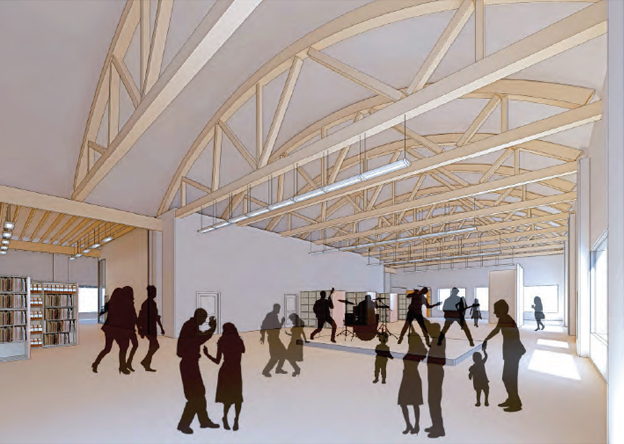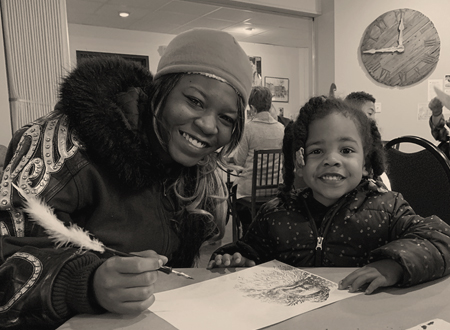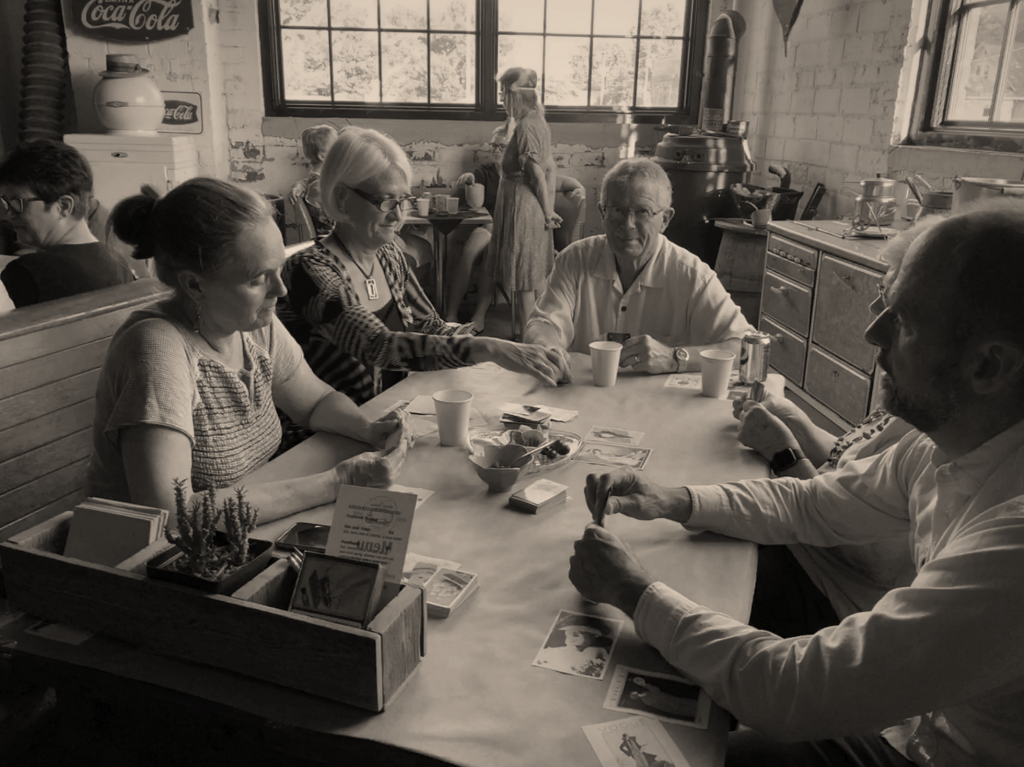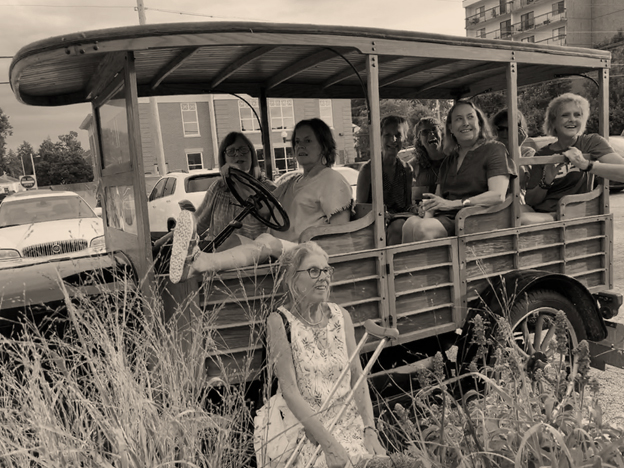The Western Illinois Museum is a captivating and inspiring place that illuminates the stories of those who, just like us, made their lives in rural Illinois. Each phase of our renovation breathes new life into this community hub, creating a place to connect with our history and each other.
Visiting the Museum is more than just an educational experience; it’s an encounter with others that offers fresh perspectives and deep insights. This is an invitation to play a crucial role in our innovative approach to running a Museum. By contributing and investing in this transformation, you help create a space for authentic connections and meaningful experiences.
Look what we’ve accomplished
Our well-loved old garage now has:
- New windows throughout
- An entirely new floor with in-ground electrical service
- Additional galleries in the west building
- A new open collection area
- A new Our Front Porch in the east building
NEXT: Add HVAC to the east building
Cost: $277,000
Timeline: Early 2025
What We’ve Raised
- A $130,000 grant has been received for this next step
- Donations and pledges totaling $52,000
How you can help
Here’s how you can make a three-year pledge or one-time donation: Set up an automatic payment with a credit card online.
- Just click on the “Donate” button above.
- Send us a check and make it out to and mail it to Western Illinois Museum at 201 S. Lafayette St, Macomb, IL 61455
- Donate stock
Questions? Give us a call at 309.837.2750.
What would our world look like without access to education? Even after we graduate from the educational system there is still much to learn. The problem is how to continue on our path of learning. What’s needed are places, like local museums, where we can learn outside of a “success” or “failure” educational system. The Museum is a hub for those seeking -without judgment- the knowledge they need to direct their life. At the museum all are teachers and learners together, sharing knowledge, skills, and experiences.
We can confuse the pursuit of obtaining knowledge with the search for information. Museums bring people together to obtain knowledge, but how people want to do that is changing. They want to have a collective experience around history, music, and art -not look at it in a glass case. A well designed building can increasing engagement and fostering meaningful connections.
The divided nature of our country has moved us into “camps” of people similar to ourselves. There are fewer places where we can engage with a diverse group of people. The Health Resources & Service Administration’s (HRSA) report on loneliness, states that “…social isolation can be as damaging to health as smoking 15 cigarettes a day.” Psychologist Susan Pinker states that social isolation is the public health risk of our time. Pinker believes real social contact is a biological need like eating, drinking, or sleeping. Both Pinker and the HRSA conclude social engagement as a remedy.





